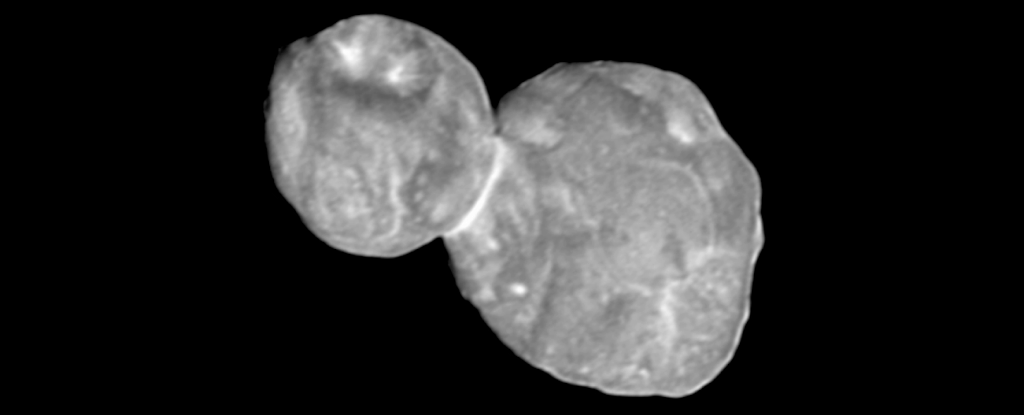MI weekly selection #363

Faraway object offers clues about planet formation
The Kuiper Belt Arrokoth, the farthest object ever visited by a spacecraft, is helping astronomers better understand how planets are formed, according to a trio of papers published in Science. “[W]e believe the result marks a significant advance in understanding overall planetesimal and planet formation,” said Alan Stern, principal investigator for the New Horizons space probe, which visited Arrokoth after its flyby of Pluto in 2015.
Skull of ancient giant rodent had little room for brain
A giant South American rodent that lived 10 million years ago had an extremely small skull, with room for a very small brain. Study author Leonardo Kerber said the brain’s small size could be caused by an “ecological influence.”
Some jellyfish can sting without contact
Upside-down jellyfish shoot globs of mucus loaded with stinging cells in what may be part of their feeding strategy or a defense mechanism. The mucus is like that found on other jellyfish species’ tentacles, researchers say.
Targeting mRNA could prevent Parkinson’s progression
A compound that selectively binds to the messenger RNA that encodes alpha-synuclein protein inhibits its translation in cells and could slow progression of Parkinson’s disease. The researchers used an RNA/protein-matching technology to identify the compound, and study co-author Maral Mouradian says the method could be applied to other neurodegenerative diseases.
Brain stimulation wakes anesthetized monkeys
Macaque monkeys under anesthesia woke up quickly when scientists stimulated the central lateral thalamus, suggesting the forebrain region is a neural correlate of consciousness, according to findings published in Neuron. “Achieving this goal will allow us to better understand the mechanisms of general anesthesia and the impacts of brain trauma,” said study author Michelle Redinbaugh.